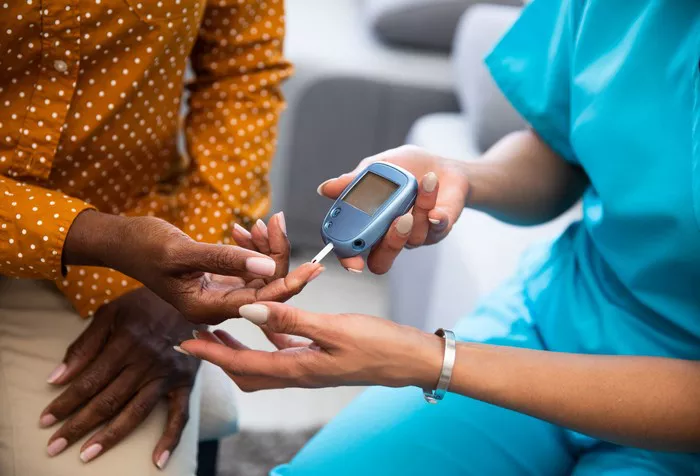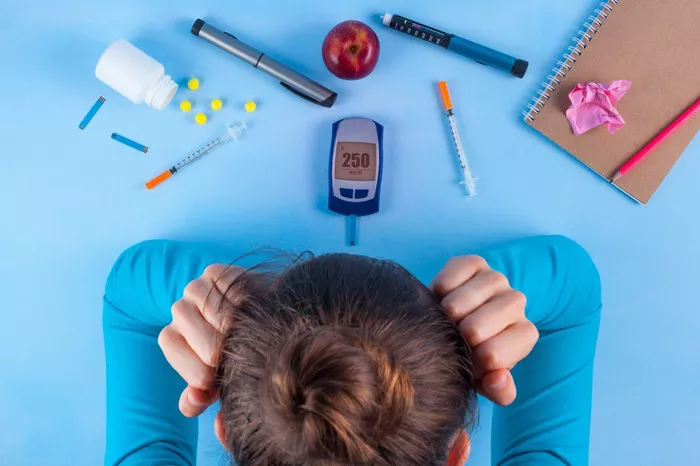Caffeine is a widely consumed stimulant found in various beverages like coffee, tea, and energy drinks, as well as in some medications. On the other hand, hypoglycemia refers to the condition marked by abnormally low blood sugar levels. While caffeine is often associated with increased alertness and energy, its effects on blood sugar regulation have sparked considerable interest and debate within the medical community.
Effects of Caffeine on Blood Sugar
The relationship between caffeine consumption and blood sugar levels is complex. Caffeine can impact blood sugar in several ways, primarily by stimulating the release of hormones such as adrenaline and cortisol. These hormones play crucial roles in glucose metabolism, influencing the production and utilization of glucose by the body’s cells. As a result, caffeine can cause fluctuations in blood sugar levels, leading to potential concerns about hypoglycemia, especially in susceptible individuals.
Research Findings
Scientific studies investigating the link between caffeine consumption and hypoglycemia have produced mixed results. Some studies suggest that caffeine can indeed lower blood sugar levels, particularly in individuals with diabetes or insulin resistance. However, other research has failed to establish a clear causal relationship between caffeine intake and hypoglycemia. The conflicting findings underscore the need for further research to better understand the mechanisms underlying the effects of caffeine on blood sugar regulation.
Individual Variability
One notable aspect of the relationship between caffeine and blood sugar is the considerable variability in individual responses. Factors such as metabolic rate, caffeine sensitivity, overall diet, and existing health conditions can all influence how caffeine affects blood sugar levels. While some individuals may experience significant blood sugar fluctuations after consuming caffeine, others may notice minimal or no effects. Understanding one’s own body and monitoring responses to caffeine consumption can help individuals make informed choices about their dietary habits.
Caffeine and Insulin Sensitivity
Another area of interest is whether caffeine influences insulin sensitivity and resistance, both of which play critical roles in blood sugar management. Some research suggests that caffeine may improve insulin sensitivity in certain individuals, potentially reducing the risk of developing insulin resistance and type 2 diabetes. However, the effects of caffeine on insulin sensitivity appear to vary depending on individual factors and may not be consistent across all populations.
Recommendations and Considerations
For individuals concerned about the potential impact of caffeine on blood sugar levels, several practical recommendations can help mitigate risks:
Monitor blood sugar levels: Regular monitoring of blood sugar levels, particularly after consuming caffeine, can provide valuable insights into how caffeine affects individual physiology.
Mindful consumption: Be mindful of caffeine intake, especially in relation to meals and medications. Consuming caffeine alongside carbohydrates or protein-rich foods may help mitigate potential blood sugar fluctuations.
Consult healthcare professionals: If experiencing significant blood sugar fluctuations or concerns about caffeine consumption, consult with a healthcare provider or registered dietitian for personalized guidance and recommendations.
Alternative Beverages
For those seeking alternatives to caffeinated beverages, several options are available:
Decaffeinated coffee or tea: Decaffeinated versions of coffee and tea offer the familiar taste without the stimulating effects of caffeine.
Herbal teas: Herbal teas, such as chamomile or peppermint, provide flavorful and caffeine-free alternatives that can be enjoyed hot or cold.
Water: Staying hydrated with water is essential for overall health and can be a refreshing choice at any time of day.
Conclusion
The relationship between caffeine consumption and hypoglycemia is complex and multifaceted. While caffeine has the potential to influence blood sugar levels, its effects vary widely among individuals and are influenced by various factors. Understanding one’s own response to caffeine and adopting mindful consumption practices can help mitigate potential risks and promote overall health and well-being. As with any dietary choice, moderation and awareness are key, and individuals with specific health concerns should seek guidance from healthcare professionals.
Related Topics:
Can Skipping Meals Cause Hypoglycemia?

























